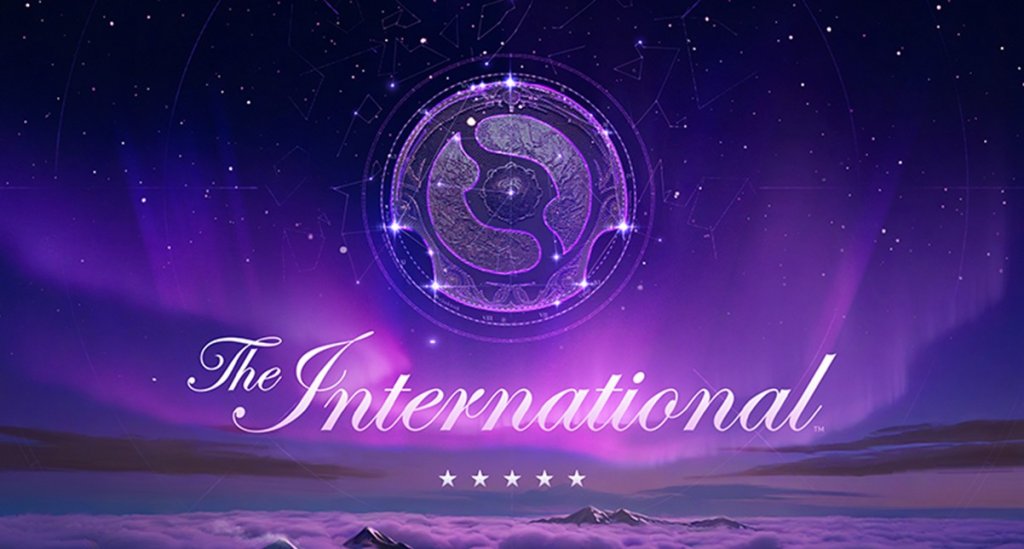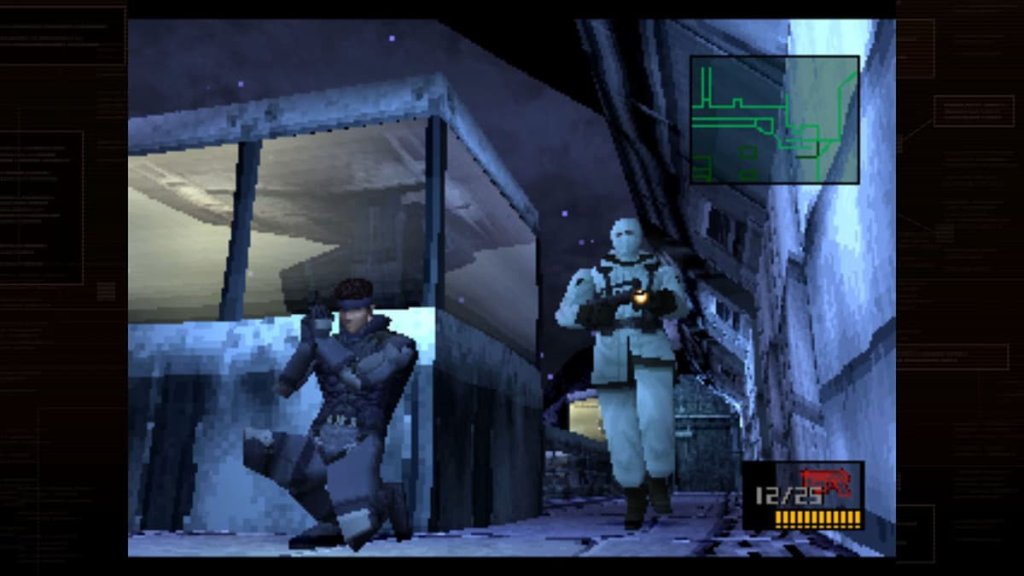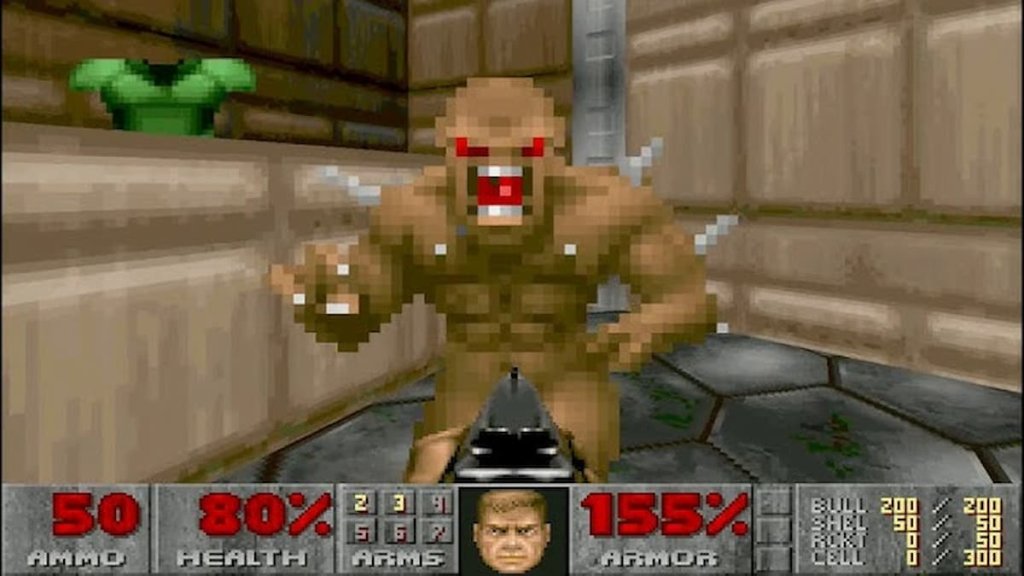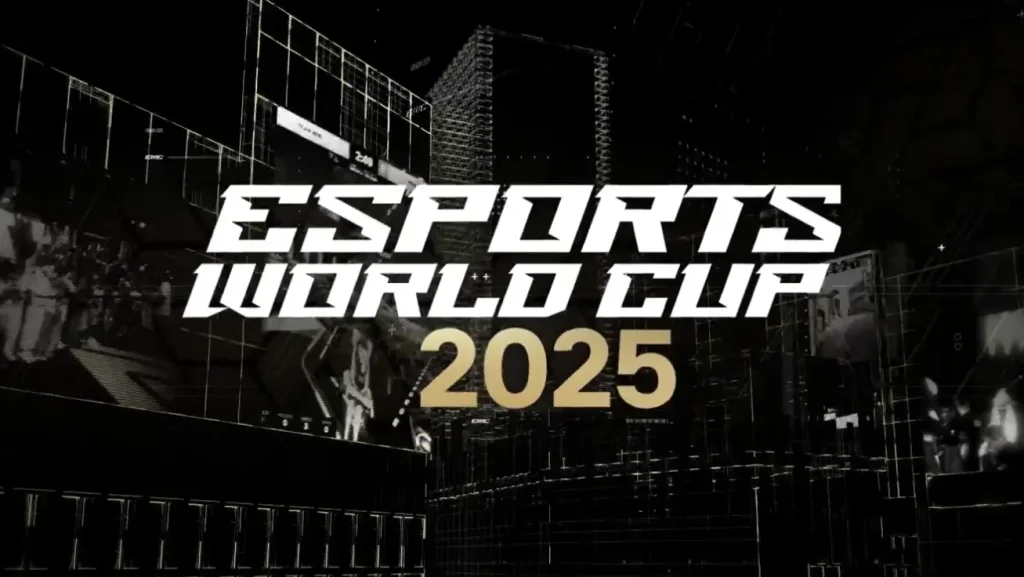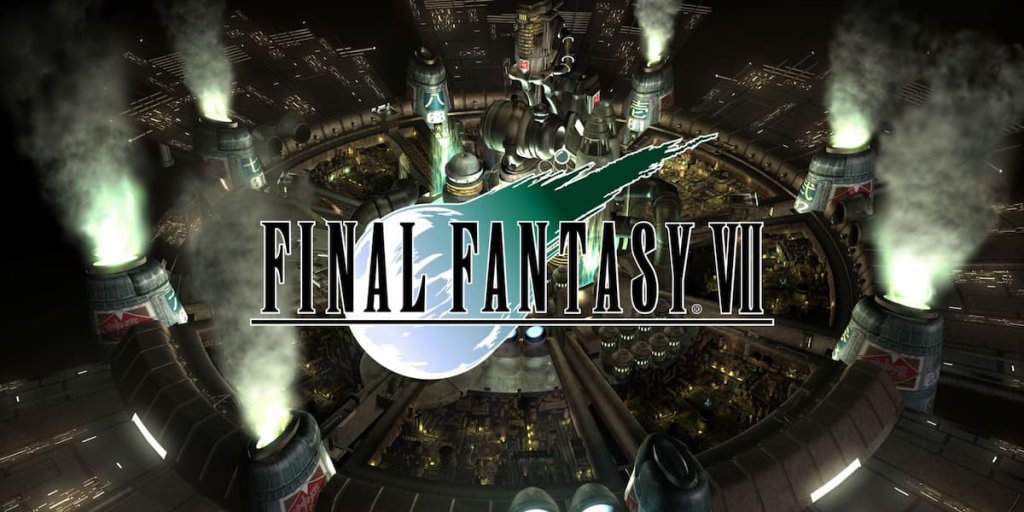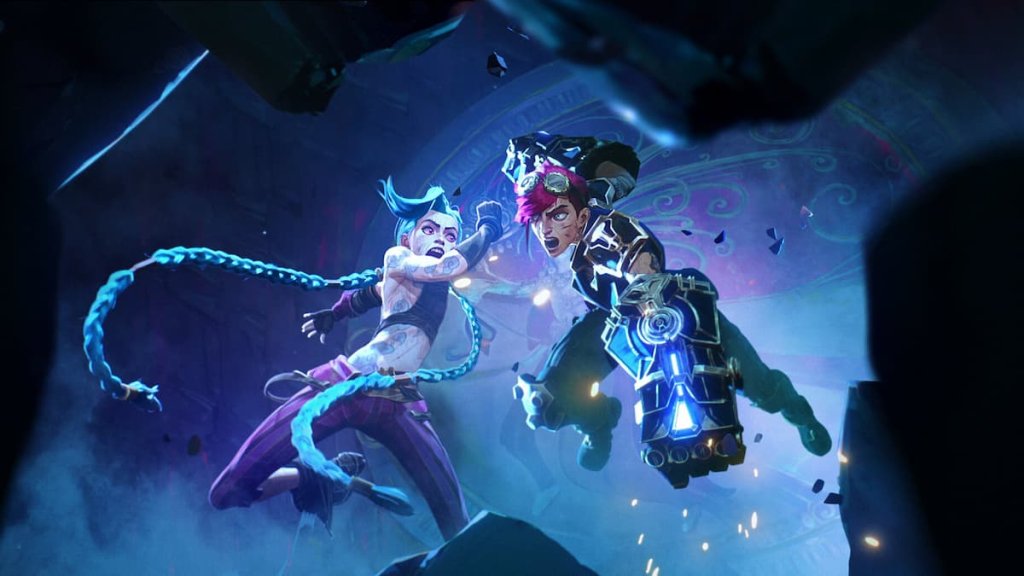
The LEC Partnership with Erste Group is a great move
Last week, the Erste Group Bank AG (Erste Group) stated its intent to work with Riot Games to support the growth of esports and develop communities. The Erste Group will act as the official Finals Main Partner for the League of Legends European Championship (LEC) playoffs.
Erste Group is one of the largest financial service providers in Central and Eastern Europe (CEE), operating over 2.7 thousand branches in seven countries. The Erste Group is one of the first major brands in CEE to actively promote esports. In a press release, they stated that they hope to make esports more accessible to people in the region.
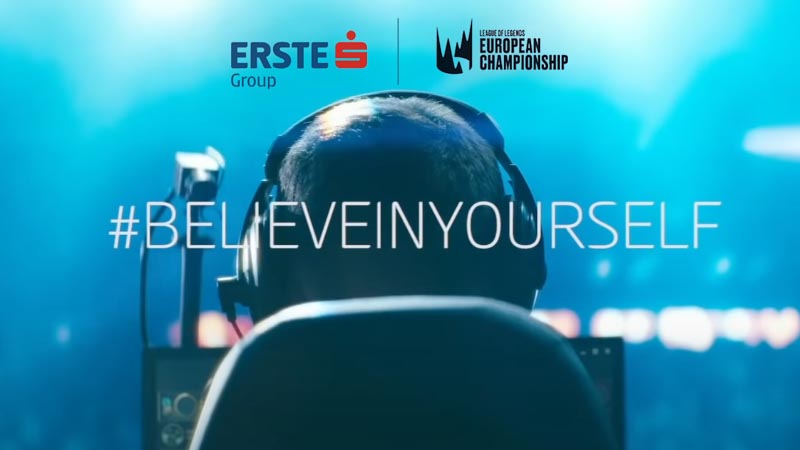
© Erste Group
Why partnering with the LEC is a great move?
The LEC is one of the most viewed and popular LoL leagues. Its recent 2020 Spring season had record-breaking viewership numbers with an average of 222 thousand viewers and a peak of over 800 thousand for the grand final.
Riot Games’ Director of Esports, Alberto “Tiroless” Guerrero, stated in an announcement last week that the LEC had continued to grow in Summer 2020 compared to Summer 2019. The first four weeks of Summer had over 13 million total hours watched. It also had a new record for Peak Regular Season Viewership in Europe with over 470 thousand viewers. Guerrero stated that LEC 2020 Summer viewership was up 81 percent compared to 2019 Summer.
This steady audience and continuous growth make LoL an ideal game for the Erste Group’s community development programs.
Peter Bosek, Chief Retail Officer of Erste Group, said:
“We see esports as an ecosystem of a new generation and want to sustainably support its growth. Erste wants to encourage this young and growing community to believe in itself – and we want to do our part to help that community share its convictions and self-confidence with a broader public. In doing so, we want to leverage esports’ supraregional potential, assist its communities in networking even more closely across national borders especially in such challenging times, and help strengthen the framework in which this new movement can continue to grow.”
And in fact, the Erste Group operates in a region which has a very different esports culture then the west. While Sweden, Germany or Denmark can recognize esports as a valid career path, the former Bloc is moving slower towards this conclusion. Having a large regional brand stand behind esports and leverage its voice to all audience groups can go a long way for the advancement of esports in eastern Europe.
Both the CEE and SEE regions need a voice outside the gaming and esports industry for people to recognize esports as an existing super industry. The Erste Group can definitely fill this role.
Why Central And Eastern Europe?
Central and Eastern Europe have always been a hotbed for esports activity. Across multiple games, countries in the CEE region have always produced prodigious players and teams. These countries also have major fan bases and for professional gaming.
In Counter-Strike: Global Offensive (CS:GO), many world championships (known as Majors) have been held in the CEE: four times in Poland (thrice in Katowice, once in Kraków) and once in Cluj-Napoca, Romania. One of the most historic rosters in Counter-Strike was the all-Polish Virtus.pro.
Several of the most famous players in CS:GO, past and present, also hail from the CEE. Examples are Nikola “NiKo” Kovač of Bosnia and Herzegovina, Ladislav “GuardiaN” Kovács of Slovakia, Tomáš “oskar” Šťastný of the Czech Republic, and Helvijs “broky” Saukants of Latvia.
In League of Legends, many current competitors in the LEC come from CEE countries. These include:
- Zdravets “Hylissang” Iliev Galabov of Bulgaria (Fnatic)
- Luka “Perkz” Perković of Croatia (G2 Esports)
- Matyáš “Carzzy” Orság of the Czech Republic (MAD Lions)
- Patrik “Patrik” Jírů of the Czech Republic (Excel Esports)
- Andrei “Odoamne” Pascu of Romania (FC Schalke 04)
- Marcin “Jankos” Jankowski of Poland (G2 Esports)
- Oskar “Selfmade” Boderek of Poland (Fnatic)
- Andrei “Orome” Popa of Romania (MAD Lions)
- Tim “Nemesis” Lipovšek of Slovenia (Fnatic)
- Andrei “Xerxe” Dragomir of Romania (Origen)
- Mihael “Mikyx” Mehle of Slovenia (G2 Esports)
- Juš “Crownshot” Marušič of Slovenia (SK Gaming)
Additionally, the 2016 Summer season finals for the LEC (then known as the EU LCS) took place at the Tauron Arena Kraków in Poland. The 2020 Spring season finals would have taken place in Budapest, Hungary, but were moved online due to the pandemic.
[cta id=2581 type=geo]Why is Now an Ideal Time for Esports Partnership?
With the esports industry less affected by the COVID-19 pandemic. Its ability to operate in an online space, with the majority of fan interactions and games played normally done remotely, makes it ideal for social interaction during this time of physical isolation.
Esports’ barriers of entry are almost entirely technical, so as long as those interested have access to devices capable of running the games and an Internet connection, anyone can experience the games as a viewer and as a player. This also means the path to becoming a professional is also wide open; in theory, anyone can become a competitor, regardless of their location or background.
The groundwork laid by this partnership between the LEC and Erste Group during these times, could be the foundation for a bright esports future. Per a press release through Inven Global, Erste Group has said it intends to provide edutainment content based in social media geared towards esports fans, but also “bring the broader public into contact with esports by providing background information.”
Alban Dechelotte, Head of Partnerships and Business Development EMEA at Riot Games, said:
“With Erste Group as the most innovative banking group in Austria and the CEE region, we have brought a great partner on board who wants to strengthen and anchor esports in the region together with us – not only through advertising, but also as a strong infrastructure partner.”
Read next: Why Fnatic is a Leading Brand in Esports
